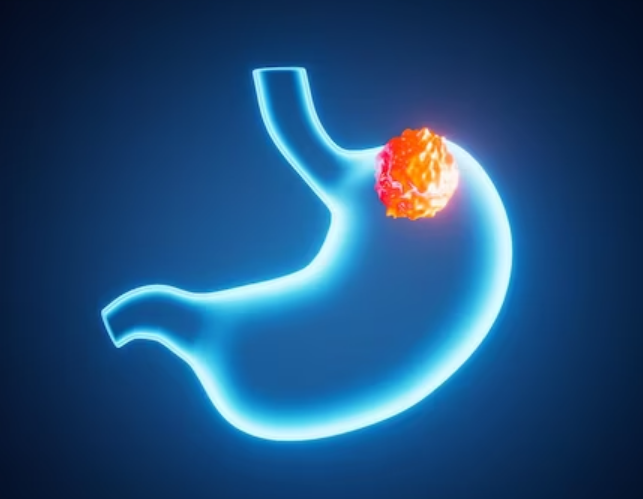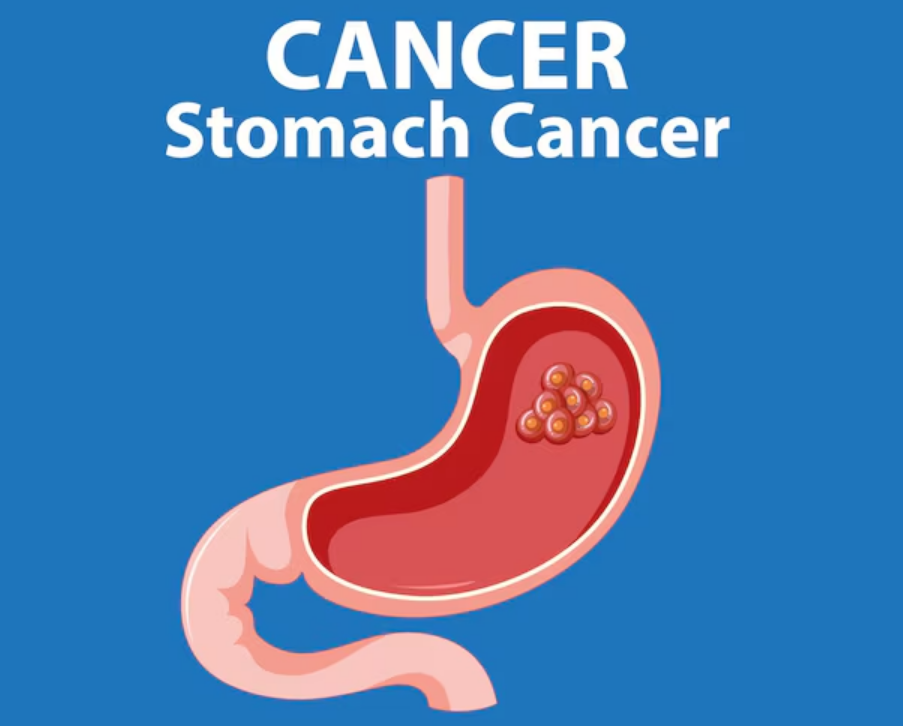-1732608681579.webp)
November marks Stomach Cancer Awareness Month, a critical time to raise awareness about one of the most prevalent cancers globally. Dr Sanjeev Kumar, Associate Director of GI Cancer at Max Super Speciality Hospital, Dwarka, sheds light on how stomach cancer spreads and the most common sites of metastasis, offering vital insights for early detection and prevention.
Globally, stomach cancer ranks as the fifth most common cancer and is responsible for the fifth leading cause of cancer-related deaths. According to the International Agency for Research on Cancer, there were 64,611 new cases and 57,727 deaths in India alone in 2022. The incidence of stomach cancer has been rising, with over 40% of patients presenting with metastases at the time of diagnosis. This trend underscores the importance of early detection and timely treatment.

Dr Kumar explains, "The epidemiology of gastric cancer suggests that it is not a single disease or caused by a single factor, but a combination of genetic, socio-cultural, and environmental factors in a given region dictates its presentation."
Several factors contribute to the development of stomach cancer, with some being more preventable than others:

In the early stages, stomach cancer may not present any noticeable symptoms. When symptoms do appear, they are often vague, including indigestion, heartburn, and stomach discomfort. However, as the cancer progresses, more severe symptoms may occur, such as:
Dr Kumar warns, "It is possible for symptoms to remain unnoticed until the cancer has progressed significantly."
Don't Miss: 5 Tips To Combat Eczema in Infants/Babies During Winters, As Per Pediatrician
Stomach cancer can spread to distant parts of the body through several mechanisms:

Dr Kumar outlines the most common sites where stomach cancer tends to spread:
Understanding the key risk factors for stomach cancer, particularly the role of H. pylori infection, is crucial for prevention. Dr Kumar advises that timely detection and treatment of precancerous conditions like gastric ulcers can help prevent the progression to full-blown stomach cancer. Additionally, adopting a healthy lifestyle—such as reducing alcohol consumption, quitting smoking, and eating a balanced diet—can significantly lower the risk.
As we observe Stomach Cancer Awareness Month, it's important to educate ourselves on the risk factors, symptoms, and most common metastasis sites for this deadly disease. With early detection and lifestyle changes, the risk of stomach cancer can be significantly reduced.
Don't Miss: World AIDS Day 2024: 5 Tips To Look After And Take Care Of AIDS Patients
For more such stories, stay tuned to HerZindagi
Image Courtesy: Freepik
Also watch this video
Herzindagi video
Our aim is to provide accurate, safe and expert verified information through our articles and social media handles. The remedies, advice and tips mentioned here are for general information only. Please consult your expert before trying any kind of health, beauty, life hacks or astrology related tips. For any feedback or complaint, contact us at compliant_gro@jagrannewmedia.com.